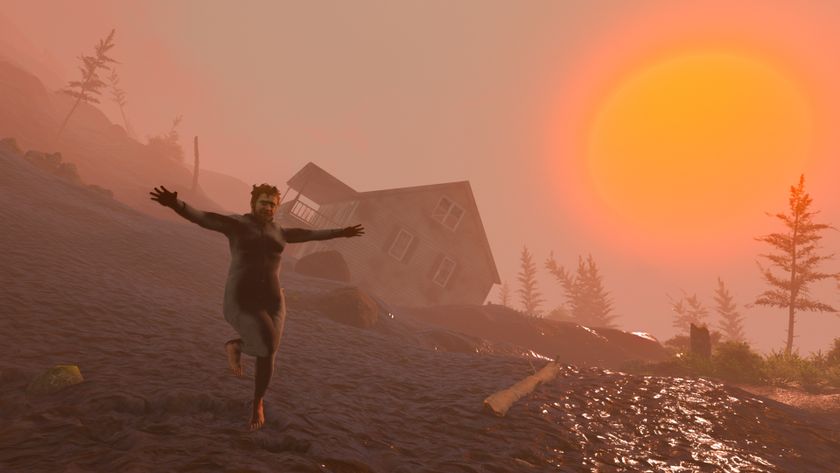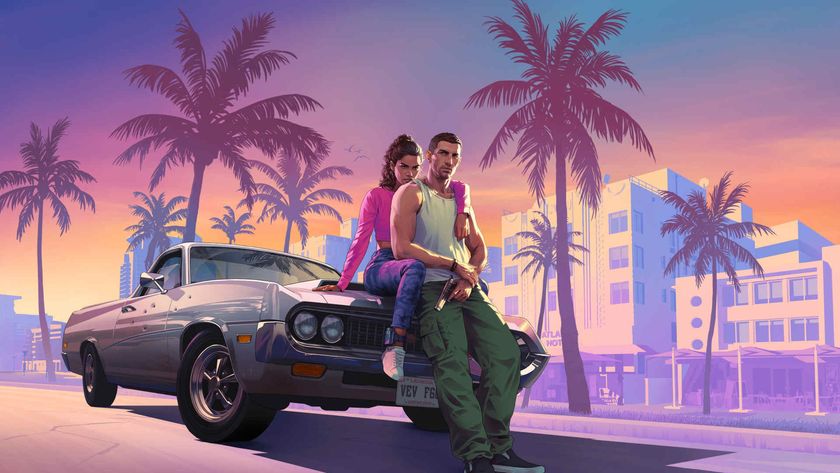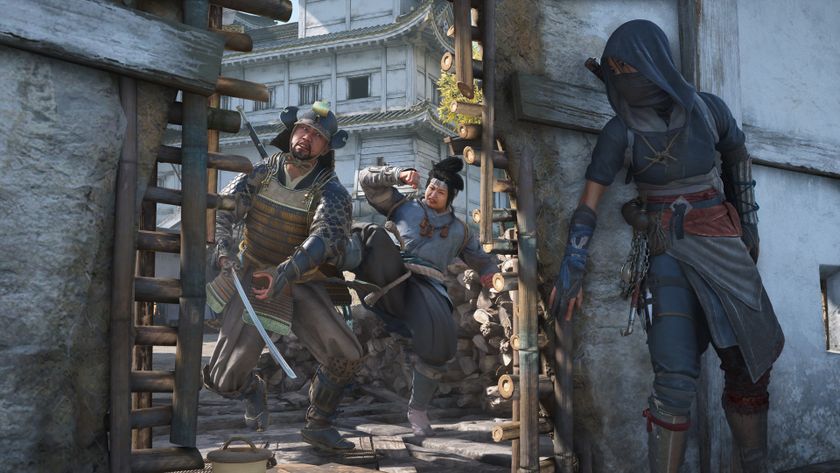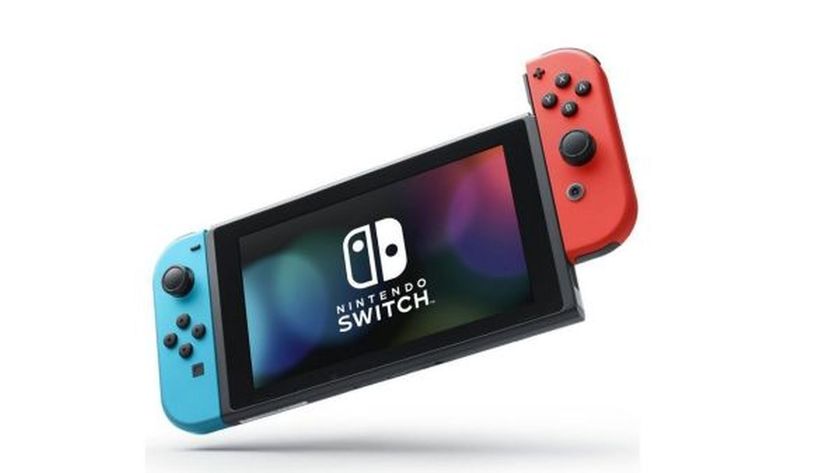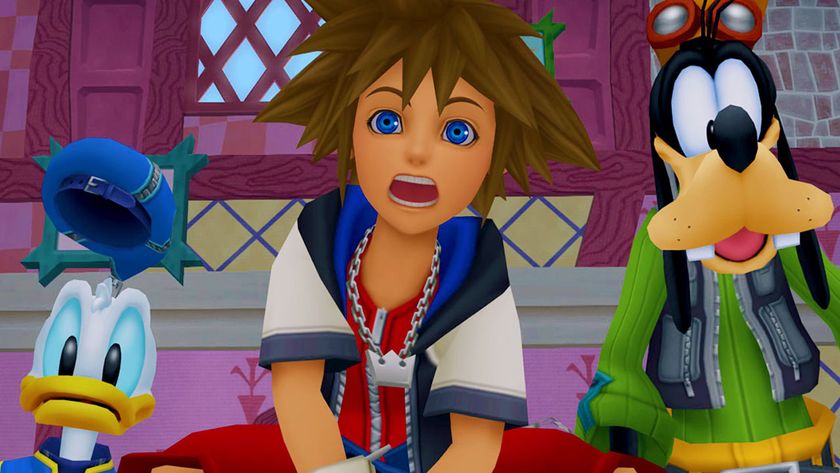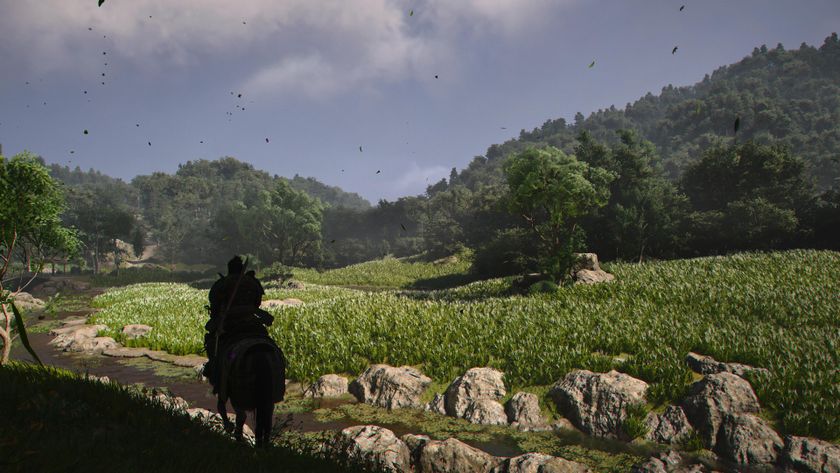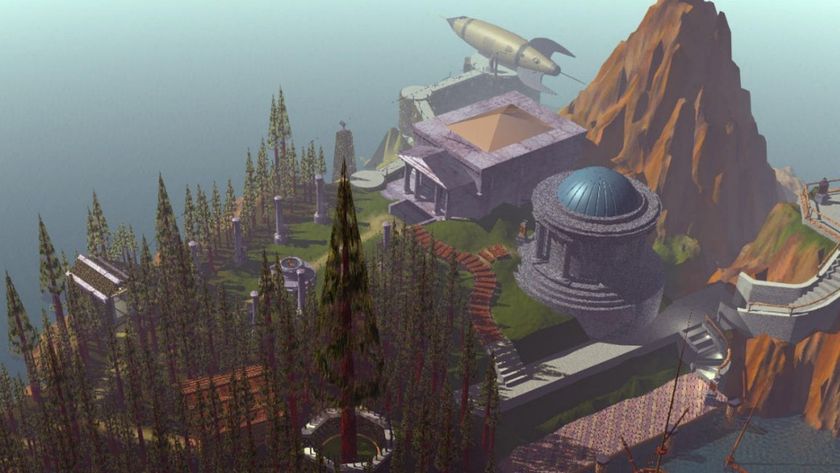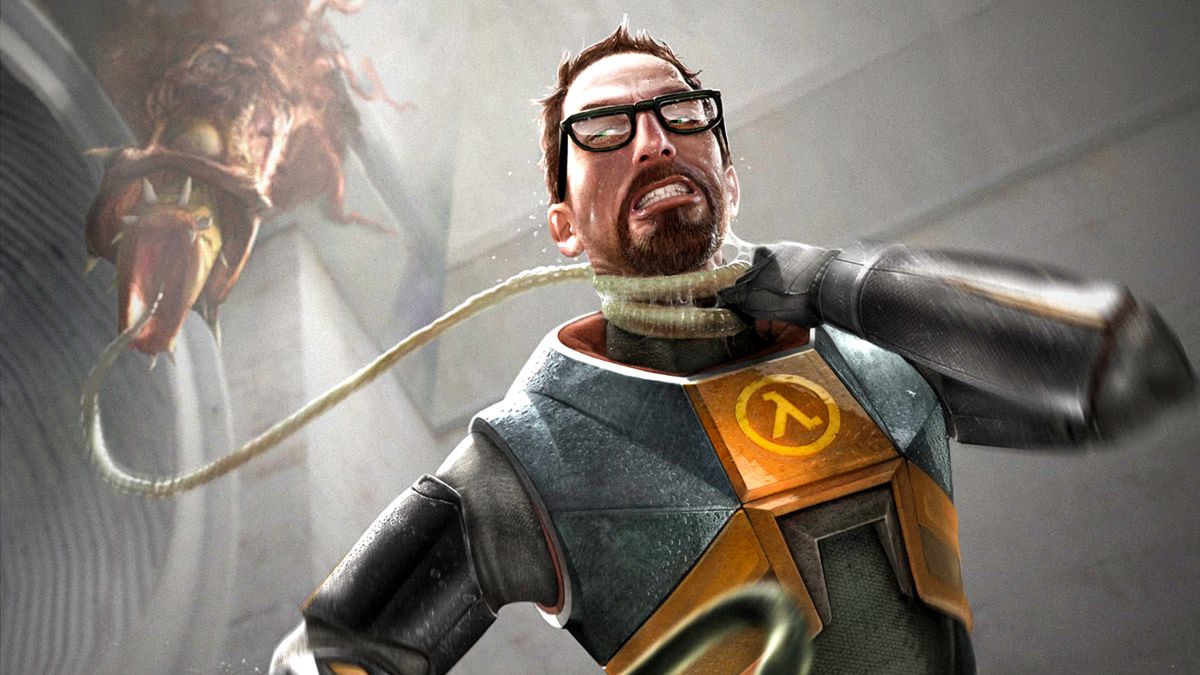
Valve - the software giant that brings you Steam as well as the occasional game release - has fewer people working in the entire company than CD Projekt Red has working on The Witcher 4.
An antitrust lawsuit brought against Valve in 2021 (via The Verge) failed to fully redact a year-by-year payroll chart that states that, three years ago, Valve had a total of 336 employees. That suggests that Valve's headcount has stayed pretty stable for the past decade - PC Gamer notes that there were 360 employees in 2016 and 330 in 2013.
That figure is dramatically smaller than some of Valve's biggest competitors. There are 20,000 staff across Microsoft's many studios, and just shy of that number at Ubisoft. EA boasts a little under 14,000 staff, while Sony is about 12,700 people. At only 336 employees, the entirety of Valve is smaller than The Witcher 4 team at CDPR. There were 407 people on that project at the end of April, and that's before you count the people working on Cyberpunk sequel Project Orion (56), the 20 people on original IP Project Hadar, and the nearly 100 developers on Shared Services (presumably including alternative PC storefront GOG). All in all, there's around 630 people working at CDPR, a company that has a far smaller day-to-day impact on the overall industry than Valve does.
What's most interesting about Valve's breakdown, however, is exactly how many people work at each part of the company. In 2021 here were only 79 people working directly on Steam, for instance, and that number is going down. By contrast, there were still nearly 200 devs working directly on games. Valve did have a handful of projects in the pipeline in 2021 - Steam Deck tech demo Aperture Desk Job arrived in 2022, while Counter-Strike 2 arrived in 2023. Add to that the finishing touches on Half-Life: Alyx and work on an expanded version of the maligned Artifact, and you can see how the active dev team might fill up pretty quickly.
But with only 181 devs working on games in 2021, you can see why Valve's new releases might start to be a bit few and far between, especially when compared to the likes of Ubisoft, which pumps out major games at a sometimes-alarming rate. Valve does, of course, do a lot of different things, and game-making hasn't been the most important part of its offering in some time. Perhaps with the eventual arrival of Deadlock, however, that might change.
While we're on the topic of The Witcher 4, it's worth noting that those 400 devs have turned it into the "most advanced" game in CD Projekt's substantial upcoming catalogue.
Sign up to the 12DOVE Newsletter
Weekly digests, tales from the communities you love, and more

I'm GamesRadar's news editor, working with the team to deliver breaking news from across the industry. I started my journalistic career while getting my degree in English Literature at the University of Warwick, where I also worked as Games Editor on the student newspaper, The Boar. Since then, I've run the news sections at PCGamesN and Kotaku UK, and also regularly contributed to PC Gamer. As you might be able to tell, PC is my platform of choice, so you can regularly find me playing League of Legends or Steam's latest indie hit.
